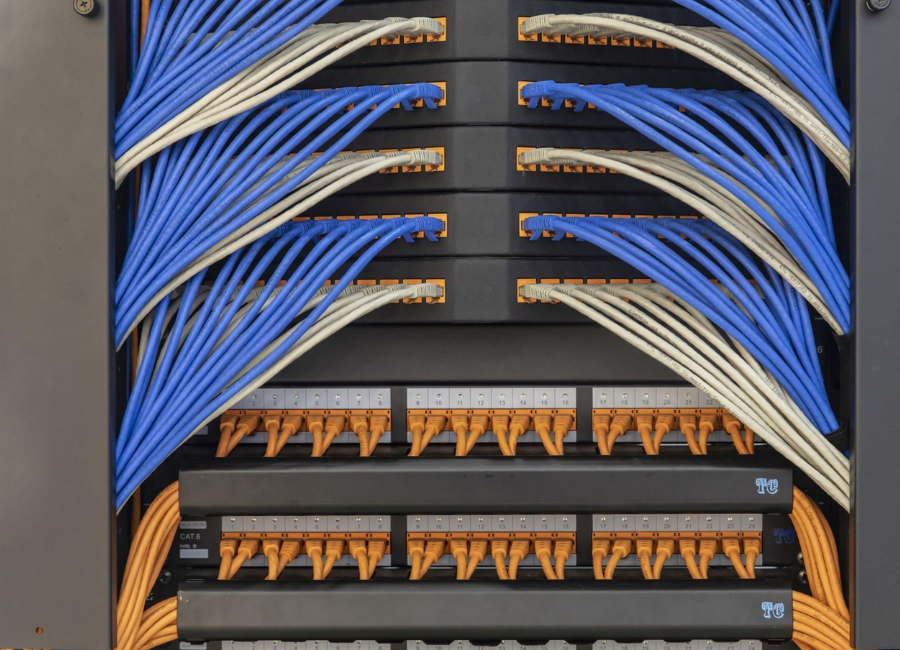China has unveiled the world’s fastest internet, boasting a speed of 1.2 terabits per second, over ten times faster than average internet speeds globally. The groundbreaking infrastructure spans 3,000 kilometers, connecting major cities like Beijing, Wuhan, and Guangzhou through an extensive network of optical fiber cables. Developed collaboratively by Tsinghua University, China Mobile, Huawei Technologies, and Cernet Corporation, the network has undergone rigorous testing since its activation in July, demonstrating remarkable speed and efficiency.
Huawei Technologies’ vice-president, Wang Lei, illustrated the network’s speed by highlighting its capability to transfer data equivalent to 150 high-definition films in just one second. This extraordinary speed marks a significant advancement compared to the average global internet speed of 100 gigabits per second. Even the recently upgraded fifth-generation Internet2 network in the United States reaches a maximum speed of 400 gigabits per second.
The high-speed internet is expected to revolutionize digital experiences by enabling rapid downloads, lag-free video conferencing, and seamless virtual reality interactions. Xu Mingwei of Tsinghua University likened the network to a superfast train track, eliminating the need for ten regular tracks to carry the same amount of data. This not only enhances efficiency but also reduces management complexity and costs.
The potential impact of a 1.2 terabit-per-second internet extends beyond faster downloads and smoother online experiences. It has the capacity to transform various industries, fostering innovation in healthcare, education, scientific research, and more. The development represents a significant stride toward building an even faster internet and positions China at the forefront of global technological advancements.









